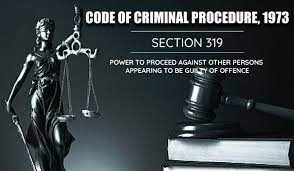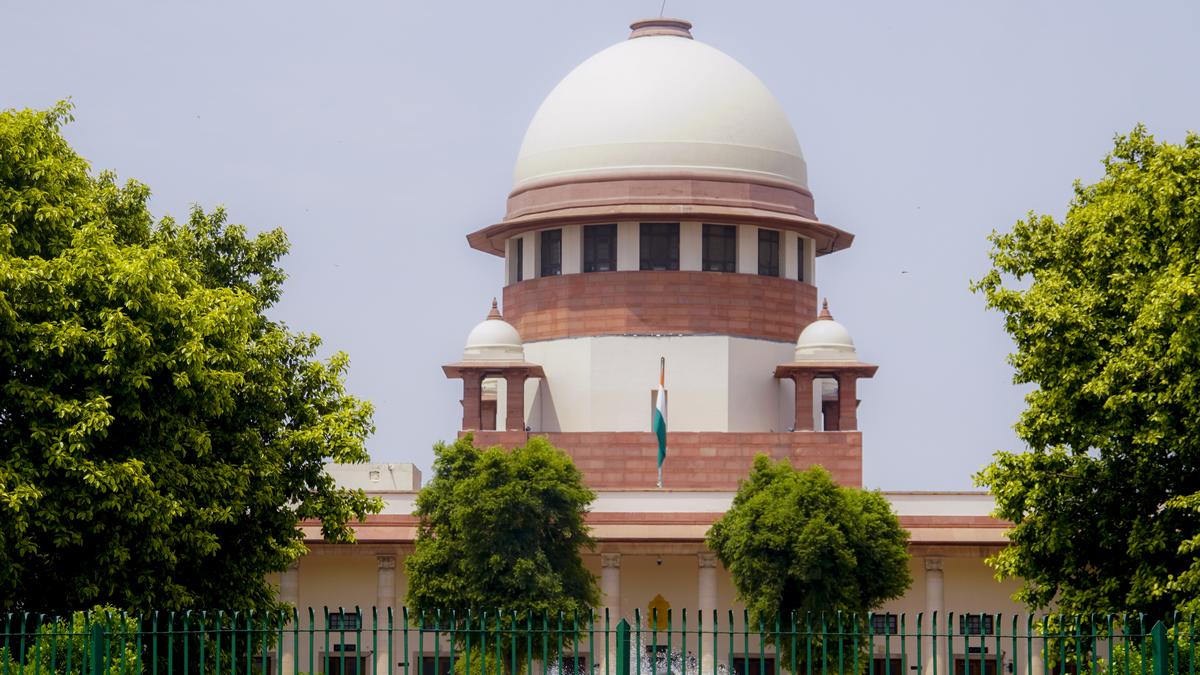





Disclaimer: Copyright infringement not intended.
Context
Section 319
Nature and Scope
Dispute Resolution
Additional Prosecution
Objective
Nature of Power
Essentials
Exercise of Power
Limitations
Case Laws
Conclusion
|
PRACTICE QUESTION Q. Which of the following statements regarding Section 319 of the CrPC is/are correct? 1.Section 319 grants the court the power to summon, detain, or arrest a person, other than the accused, if it appears from the evidence that they have committed the offense. 2.The Section allows the court to try a person together with the accused if evidence suggests their involvement in the offense. 3.The power can be exercised by the court suo moto or upon application by any person, including the accused, at any stage of the trial or inquiry. Select the correct answer using the codes below: A) 1 and 2 only B) 1, 2, and 3 only C) 1 and 3 only D) None Answer: B) 1, 2, and 3 only |




© 2025 iasgyan. All right reserved